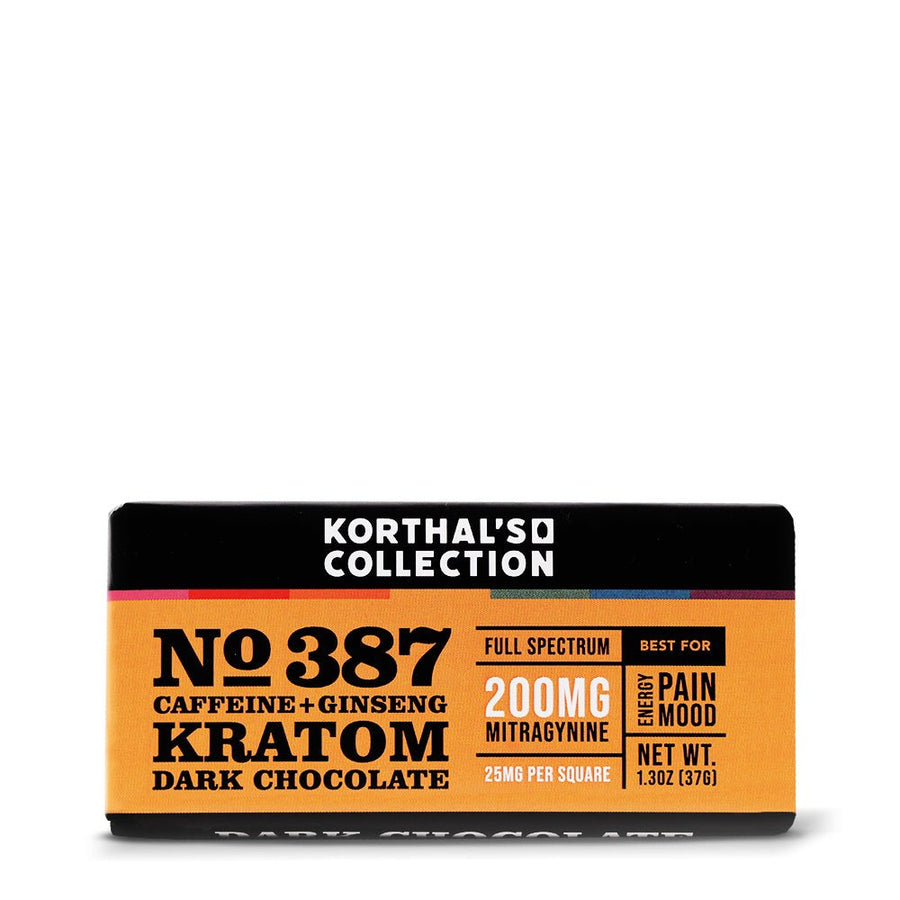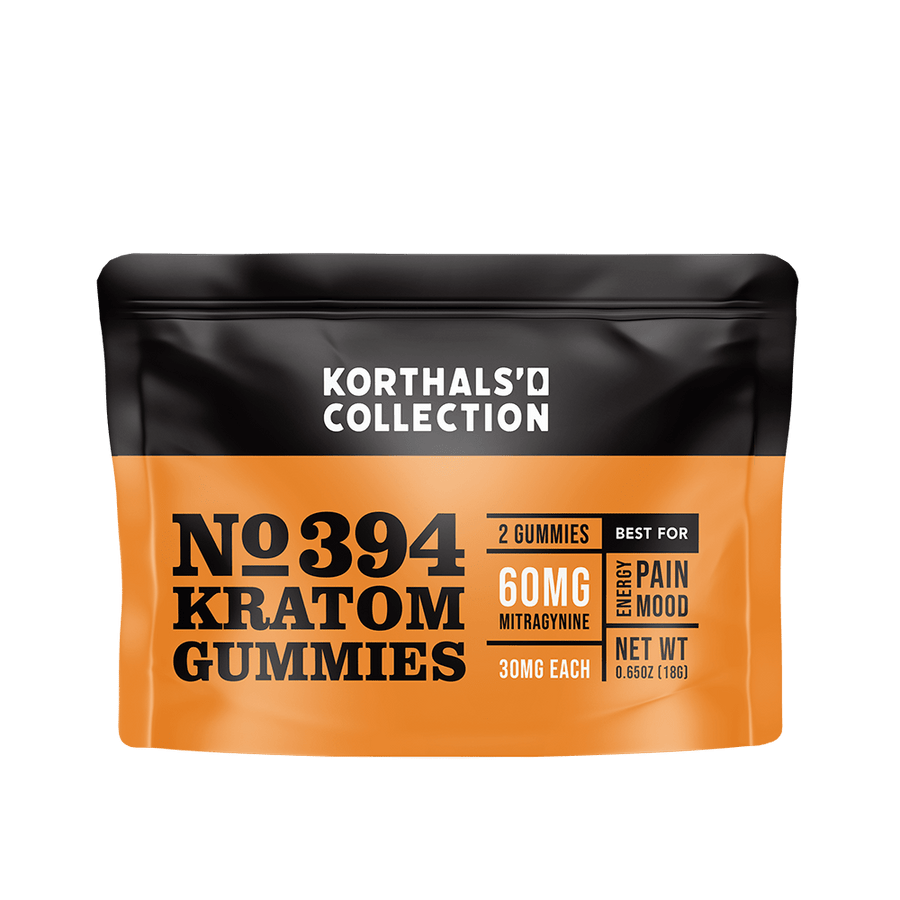Tetrahydrocannabivarin (THCv) is one of the many cannabinoids found in cannabis plants, similar to the more well-known cannabinoid THC (tetrahydrocannabinol), but with distinct properties and effects. The parent molecule for THCv and its acidic form tetrahydrocannabivarinic acid (THCVA) is cannabigerovarinic acid (CBGVA). THCV is extracted through a chromatography process that uses superfluid liquid solvents such as CO2 or ethanol to separate the compounds from the plant. The solution is then evaporated with heat under a vacuum to remove all the gas and leave a high-purity THCv concentrate behind.
How does THCv work?
The human body naturally produces cannabinoids which are commonly referred to as endocannabinoids. These compounds work within the endocannabinoid system to maintain homeostasis (balance) by binding with CB1 and CB2 receptors. THCv has a propyl (3-carbon) side chain instead of the pentyl (5-carbon) found in THC, making it non-psychoactive in smaller doses. THCv can, however, be psychotropic when taken in larger serving sizes.
What Are the Different Forms of THC?
When people refer to THC, they are usually talking about Delta-9 THC despite the multiple forms of THC found in the cannabis plant. You may be familiar with some of the following forms of THC:
Tetrahydrocannabinolic acid (THCA) is a compound found in the cannabis plant, known to be a precursor to Delta-9 THC, and it may be beneficial in helping to ease nausea.
Delta-8 THC is a natural cannabinoid derived from hemp with psychotropic properties, meaning it has the ability to alter mood, behavior, and perception.
Delta-9 THC is the main psychoactive cannabinoid found in the cannabis plant, and it can alter your perception by binding to the receptors in your body that affect coordination, thinking, concentration, and pleasure. Research indicates that Delta-9 THC may also have restorative effects to aid in pain relief, sleep, and appetite issues.
Delta-10 THC has similar effects to Delta-9 THC and Delta-8 THC, but it is much milder than these forms of THC. Its energizing effects also differ significantly from Delta-9 THC and Delta-8 THC. Consumers have found Delta-10 THC beneficial for encouraging creativity, increasing focus, and promoting alertness.
Tetrahydrocannabivarin (THCv) is a lesser known cannabinoid present in low amounts, usually less than 1% but occasionally can reach up to 3% in the cannabis plant. Its benefits may include reducing stress, relieving symptoms related to anxiety or panic attacks, and may help curb appetite to help you on your wellness journey.
HHC-O is a hemp-derived cannabinoid with psychotropic properties, meaning it has the ability to alter mood, behavior, and perception. This cannabinoid may also relieve stress, reduce pain, aid in sleep, and promote feelings of mellow relaxation.
THCP is one of the strongest at binding with CB receptors, and typically found at 2% concentration in products. This molecule produces a much stronger effect, more potent than Delta-9 THC.
What are the effects of THCv?
In low to moderate doses, THCv has none of the psychoactive properties of THC, and may potentially mitigate some of the psychoactive effects of THC. In higher doses, it could potentially produce a more motivated, alert and energizing feeling of euphoria. It may also help curb appetite, as well as reduce inflammation, anxiety and panic attacks.
Is THCv legal?
The 2018 Farm Bill confirms “all derivatives, isomers, and cannabinoids in hemp are legal.” However, all final products must contain 0.3% (or less) of Delta-9 THC by dry weight. Although there are no current age restrictions from the federal government on hemp-derived products, our company policy states you must be 18 years or older to purchase cannabis products, and 21 years or older to purchase inhalants or smokables. While THCv isn’t listed as a scheduled substance, possession of an illegal amount of THCv-rich products, such as flower or concentrates, is still subject to local and federal laws.
Does THCv show up on a drug test?
Metabolites are your body’s reaction to consuming any form of THC, including THCv, and these metabolites will trigger many drug tests. Different methods of delivery produce varying levels of metabolites within your body. As a precaution, you should not take these products if you need to pass a drug test.
How does THCv interact with other Cannabinoids?
THCv may potentially boost energy, stimulation, and focus, but requires activation from other cannabinoids.THCv can be combined with other cannabinoids, like CBG, creating an entourage effect which may enhance the effects of all combined cannabinoids. When combining minor cannabinoids like CBD and CBG with THCv, consumers may notice clear-minded uplifting effects, while effectively increasing productivity and eliminating brain fog. We offer a wide range of products that combine well with THCv with other cannabinoids.
How much THCv should I take?
The amount of THCv you choose to take will vary depending on your specific needs and/or desired effects. Start with a very small amount, and slowly increase as needed until the desired effects are reached.
What are the different ways to take THCv?
THCv is available in several forms including oils, tinctures, cartridges, edibles, flower, beverages and concentrates.
How can I find the right product?
Finding the right THCv product will depend largely on your needs, wants, and preferences. Many customers find personal consultations helpful in determining which products and methods of delivery works best for them. Visit us in-store for a personal consultation with our doyens.cbd

























































